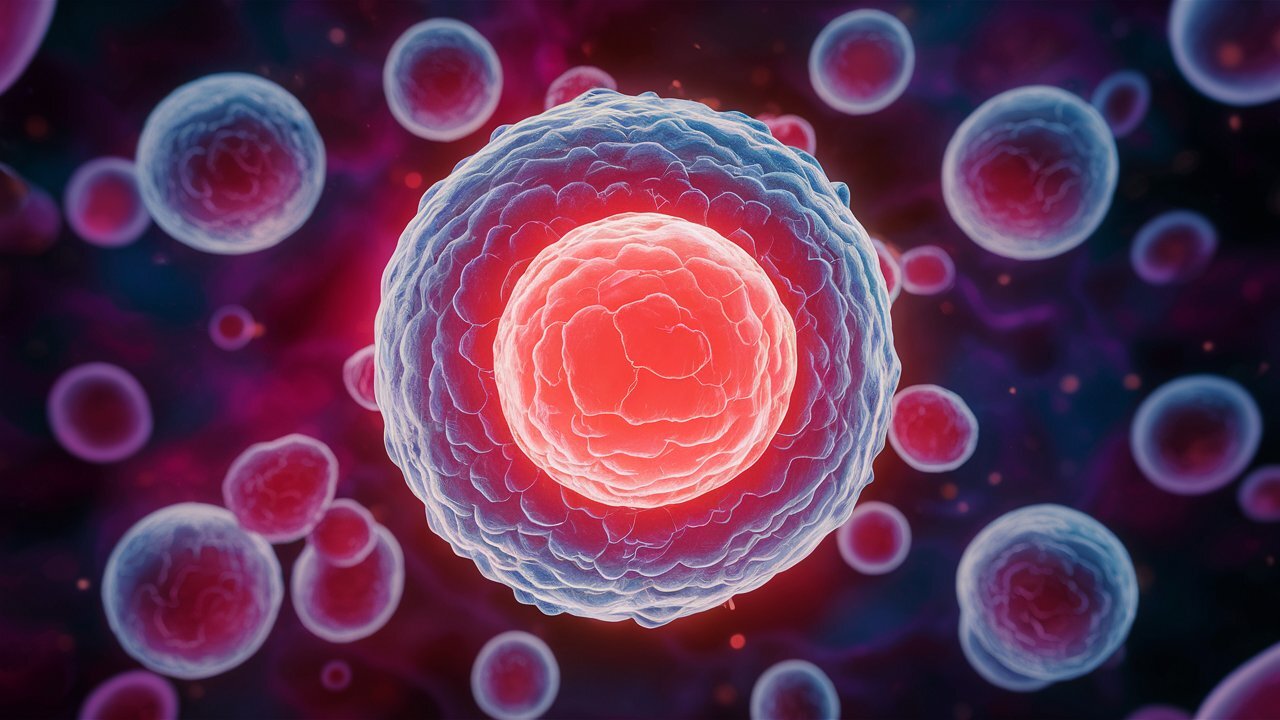Gene therapy using HSCs is an advanced treatment method for various genetic diseases. This approach involves correcting genetic defects in stem cells to restore normal blood cell function. Understanding the long-term behavior of HSCs in gene therapy is key to improving the effectiveness of treatment and ensuring long-lasting effects.
In a study published in the journal Nature, researchers analyzed 53 patients treated with HSC gene therapy using lentiviruses to treat metachromatic leukodystrophy, Wiskott-Aldrich syndrome, and β-thalassemia. Research has shown that stem cells adapt and provide hematopoiesis by targeting a specific disease.
The results showed that the cells could produce different types of cells depending on the nature of the disease. For example, in β-thalassemia, stem cells produce more red blood cells, while in Wiskott-Aldrich syndrome they produce more immune cells.
Source: Ferra
I am a professional journalist and content creator with extensive experience writing for news websites. I currently work as an author at Gadget Onus, where I specialize in covering hot news topics. My written pieces have been published on some of the biggest media outlets around the world, including The Guardian and BBC News.












